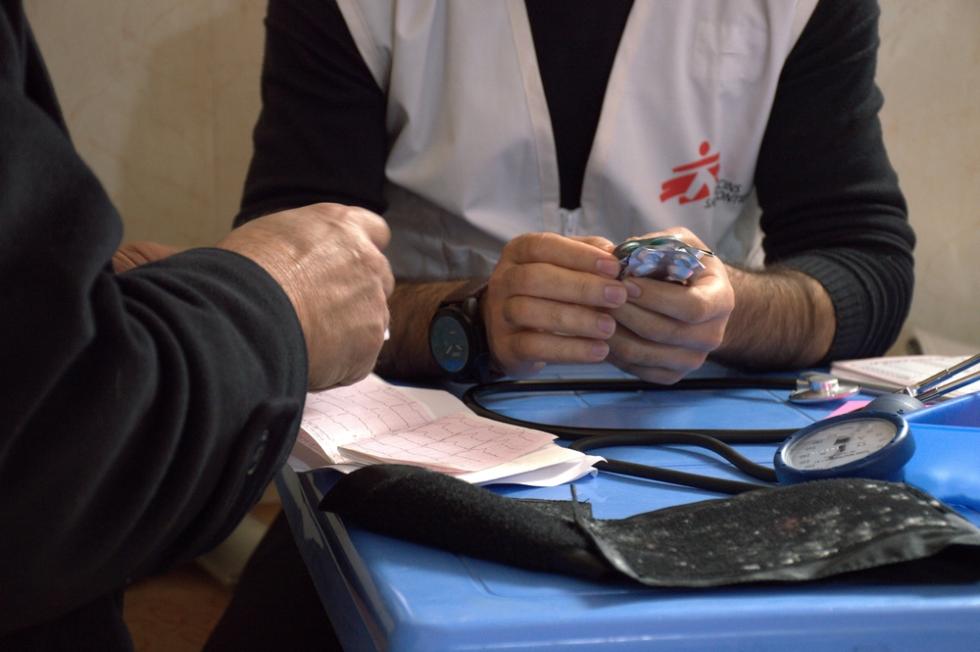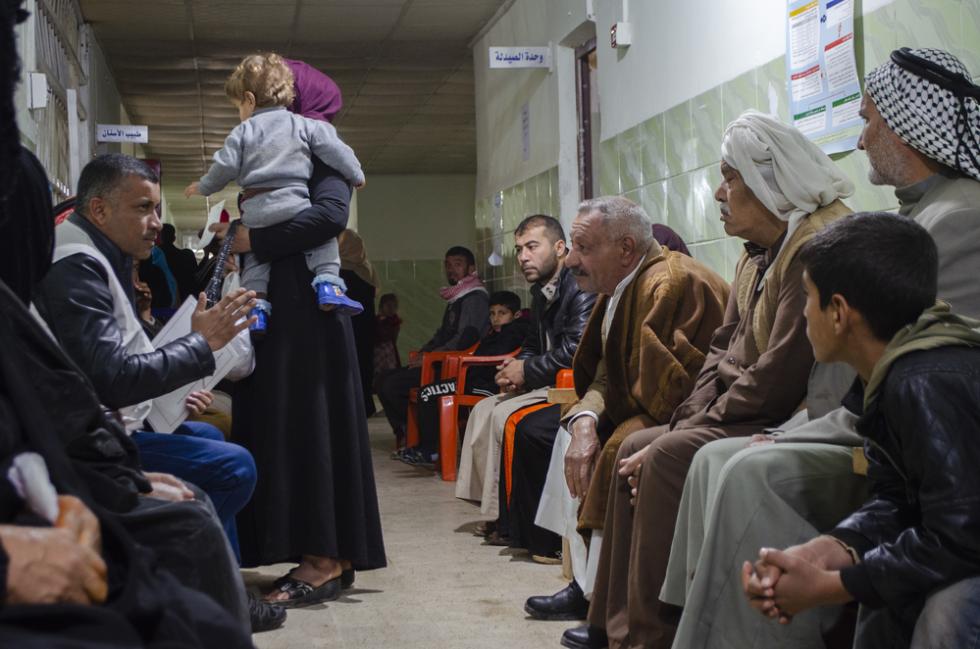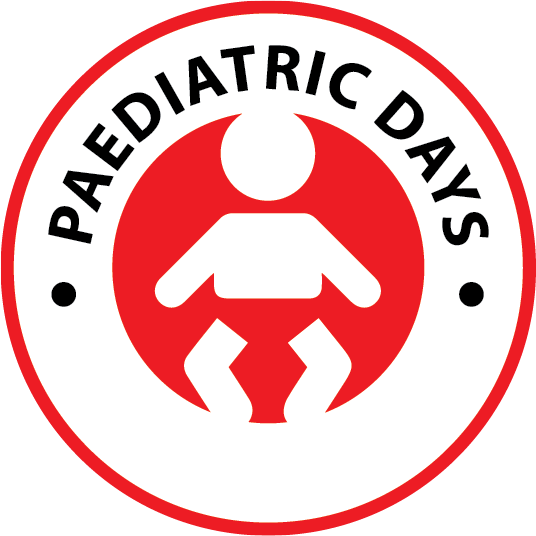Treating children with chronic diseases in Hawija, Iraq

“Seven percent of our current patients are children under 18 years old. The three main diseases we treat among children are epilepsy, diabetes mellitus type 1 and asthma.
For each patient referred to us, MSF double-checks the diagnosis; sometimes this requires a referral to the hospital for specialised diagnostic testing.
After the diagnosis is confirmed, we make a treatment plan and provide the medication required. Sometimes we also diagnose and treat acute and long-term complications such as hypertension, blindness and chronic infections.
One of the most common chronic diseases in children is diabetes mellitus type I, a chronic condition in which the pancreas produces little or no insulin, a hormone needed for glucose to enter cells to produce energy.
With diabetes, it’s very important for patients to understand the reasons why their blood sugar levels change so much. This helps them deal with the disease, understand the long-term need for a special diet, and understand the reason for injecting themselves with insulin regularly. But this process isn’t always easy, especially with children.
With diabetes in children, a high level of self-discipline is required at a young age. It imposes a need to pay attention to what they can or can’t eat, for instance, and a different lifestyle. They have more responsibilities for their self-care than other children, and they have to realise that they’ll be dealing with this disease for a lifetime. This can be hard to accept at such a young age.
Sadly, we see severe complications at a young age, for example impaired vision or even blindness. These can be avoided through good health education, proper follow-up and adapting their treatment plan.
I have also seen chronic ulcers on the feet and cardiovascular diseases in this young group of patients.
Children in our clinics tell us that they often feel shy about injecting insulin when they are at school. We have seen cases where parents take their children out of school because they are afraid that the child might be stigmatised or might suffer one of the acute complications of diabetes, such as hypoglycaemia – a severe acute side effect of treatment with insulin. Mild hypoglycaemia shows symptoms like sweating, shaking, dizziness and confusion. Severe hypoglycemia may lead to coma, brain damage and death.
It breaks my heart to see these children taken out of school, as the lack of education could create additional problems for them.
Adapting the lifestyle of a child with diabetes means adapting the lifestyle of the whole family. Meals have to be prepared differently and food must be eaten regularly. Sweets and sugared drinks should be avoided. Families here in Iraq generally live and eat together, so it can be difficult for them to change the diet of a single person in the family.
A big challenge with chronic diseases in general, and with diabetes especially, is that patients often do not understand the danger of the disease, as the long-term complications are not evident at first. The complications often do not start to appear for 10 or 20 years. This can make it very difficult to convince a person that she or he needs to take their medication or stick to their diet plan – particularly when some families are still facing the aftermath of the conflict. They may have lost loved ones or be struggling to get back to normal. Many households lack incomes because of unemployment. For the children, who depend on their parents and wider family, patient education needs to be carried out not just for the child but for the whole family.
Even though children with chronic diseases don’t seem, on first sight, to be that sick, neglecting their health education on lifestyle changes and the proper treatment of chronic diseases may result in severe life-threatening complications at a young age.
Severe complications include cardiovascular disease, as there is a high risk of heart attacks at a young age; cerebrovascular disease, as there is a particular risk of strokes at a young age; diabetic nephropathy, or renal failure, which makes dialysis necessary; severe infections, especially in the feet, which can no longer be treated by antibiotics and could lead to amputation of the feet or legs. All of these could have a big impact on the patient and their family.
Chronic diseases are conditions which normally have a long duration and may have lifelong consequences. In addition, patients often don’t feel unwell and, for this reason, they may deviate from the agreed treatment plan.
This is why we provide not only treatment and medications in our clinics, but also psychosocial support and health education. They are all part of our holistic approach to chronic disease management. Mental health counsellors support the patients through their medical process, while health education sessions are a fundamental tool for raising awareness about the importance of taking treatment regularly and having a healthy lifestyle.”

MSF started activities in Hawija in 2009 and is currently responding to the lack of healthcare services in the district. MSF teams currently work in Hawija and Abassi primary health centres, where they provide treatment for non-communicable diseases, health promotion sessions and mental healthcare. MSF also supports the district’s main referral hospital with maternity care, emergency care, laboratory activities and infection prevention and control measures.
In 2018, MSF provided consultations and treatment to more than 2,900 patients living with chronic diseases in Hawija and Abassi.
